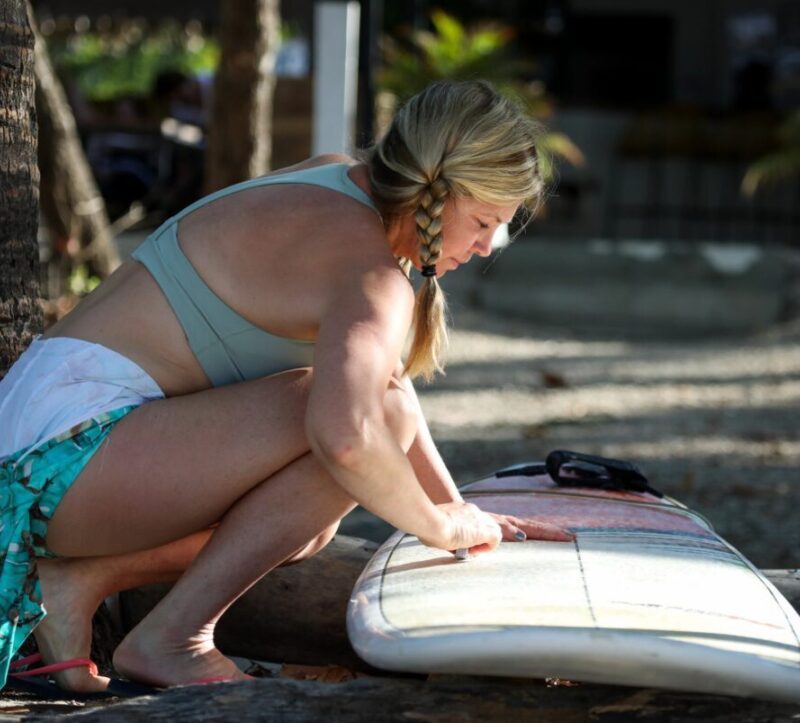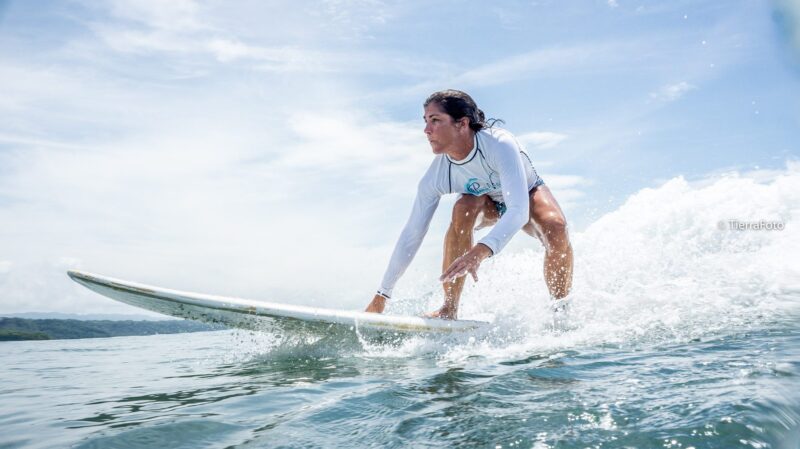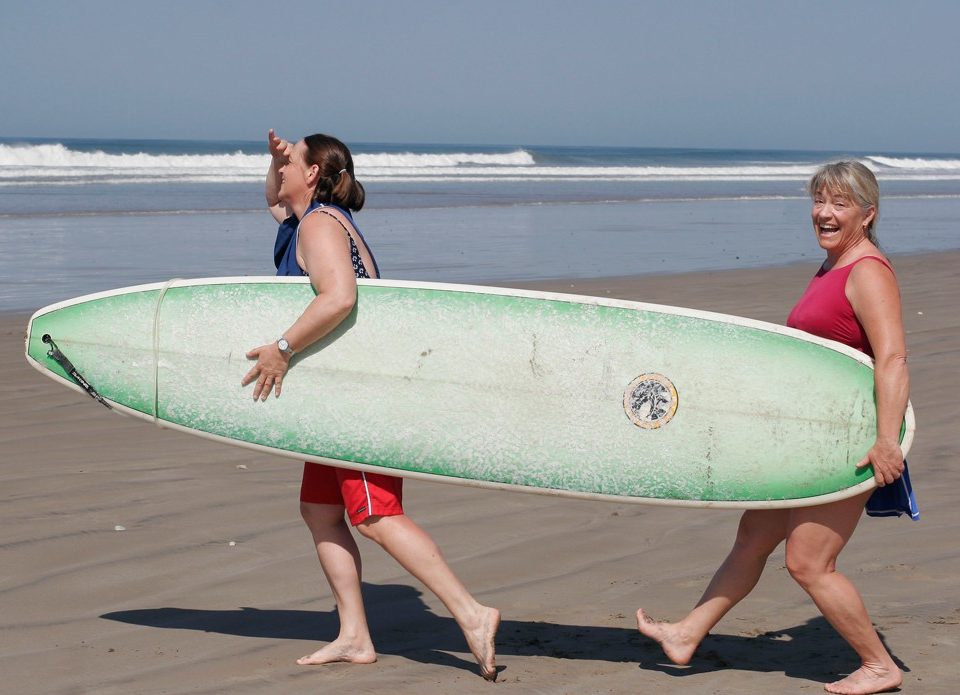How to Determine Your Surfing Level: A Comprehensive Self-Assessment Guide by Pura Vida Adventures

Discover the Heart of Pura Vida Adventures: Our Beachfront Hotel
April 8, 2024
Surf & Yoga Retreat for Women Over 50: Learn to Surf and Embrace Adventure
December 22, 2024How to Determine Your Surfing Level: A Comprehensive Self-Assessment Guide by Pura Vida Adventures

If you’ve taken a few surf lessons in your life, but it’s been a while since you’ve been in the ocean, you may be wondering what your surfing level is. Or maybe you’ve been working on the surfing fundamentals for a while and are now starting to catch a few waves on your own. Awesome! But are you an intermediate surfer yet or still a beginner surfer?
If you’ll be attending a surf camp or taking surf lessons, having a good handle on your surfing level is beneficial to communicate your abilities to your surf instructor. Knowing your surfing level can also help you focus your efforts as you work on your surfing progress.
Here are some general ways to assess your surfing skill and experience, followed by an example of typical surf programs for beginner and intermediate surfers at a top-rated surf camp.
Basic Skills: Assess your mastery of fundamental surfing skills, such as paddling, popping up, and riding waves. A beginner surfer is typically learning these basic surfing techniques, while an intermediate surfer can execute them consistently.
Wave Selection: Consider your ability to read and choose appropriate waves. Beginner surfers will surf in gentle whitewater, focusing on small, slow waves breaking close to the shore. Intermediate surfers will venture into larger, faster-breaking waves.
Wave Riding: Evaluate your proficiency in maneuvering on the wave face. Beginner surfers tend to focus on riding a wave in the whitewater straight toward the beach, while intermediate surfers incorporate basic turns, trim the wave, and experiment with different maneuvers.

Stability and balance are vital skills to master as a beginner surfer.
SurfBoard Control: Assess your control over your surfboard. Beginners may struggle with stability and balance, while intermediate surfers have better control and can perform more accurate maneuvers. Intermediate surfers will also be comfortable “turtle rolling” or duck diving their board into an approaching wave.
Ocean Knowledge: Consider your understanding of ocean conditions, including tides, currents, and wave behavior. Intermediate surfers typically have a solid understanding of these factors and can adapt their surfing accordingly. Beginner surfers should rely on the guidance of a surf coach or other experienced surfer to stay safe in different ocean conditions.
Confidence Level: Reflect on your overall confidence in the water. Beginner surfers may feel more apprehensive and lack the confidence to tackle challenging conditions, whereas intermediate surfers are more comfortable in various surf conditions.
Remember that these guidelines are general, and surfers’ levels have no definitive scale. Surfing is a continuous learning process, and everyone progresses at their own pace. Assessing your surfing level can help you set appropriate goals, track your progress, and seek suitable challenges. Remember that enjoying the journey and having fun in the water is essential.

Surf camps offer expert instruction for all levels, no matter where you are on your surfing journey.




